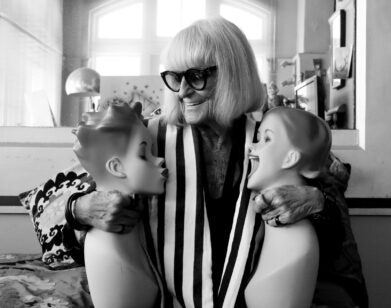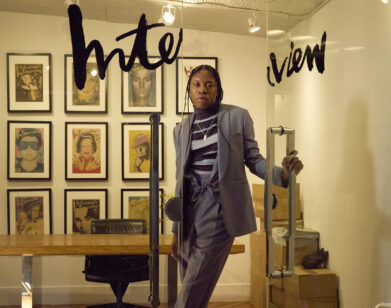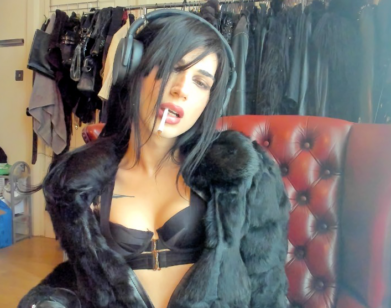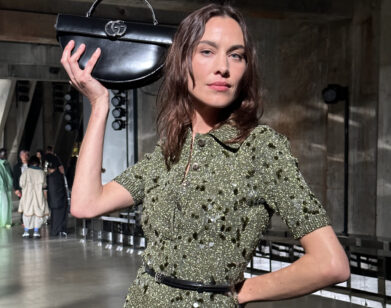London producer Mura Masa is taking underground dance music to the Grammys
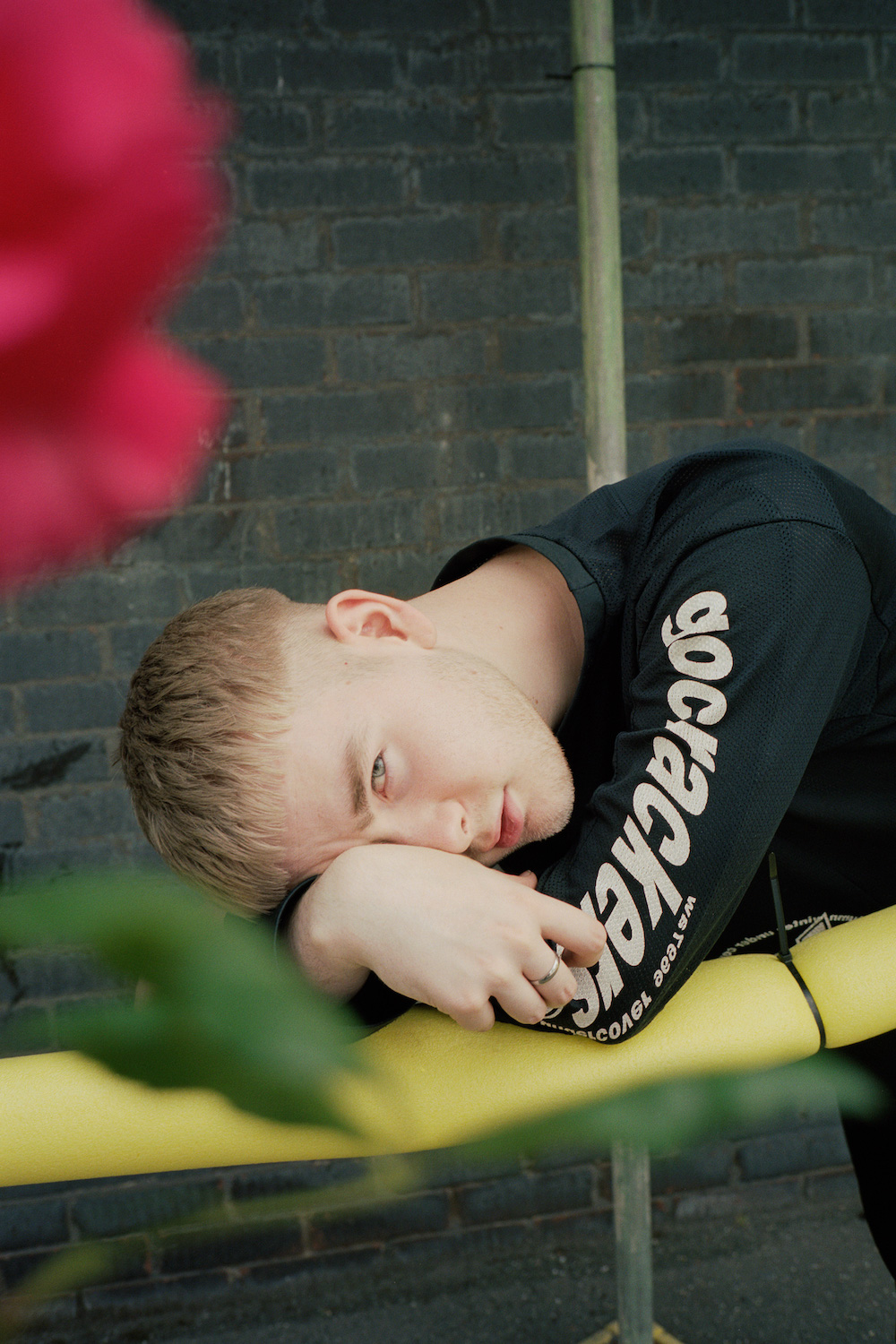
When 21-year-old musician and producer Alex Crossan—better known as Mura Masa—found out he was nominated for two Grammys, he was ambivalent. “The first thing I really thought was, ‘How do I even feel about this?’” he recalled over Skype. “Am I excited, am I not really bothered? Am I upset? Does it put me in a compromising position, because now I’m attending the ceremony, so what does that really say about me?”
Young artists today release music on the internet, tailored for niche audiences who know where to seek them out. This means that new talent often flies under the radar of the behemoth Recording Academy. In 2018, are the Grammys still relevant? “It’s definitely not the most important thing for me, but it is a big career moment because people like to talk about that kind of thing,” remarks Crossan. “Even the way you framed the question is interesting, because it’s still the first thing you wanna ask me about.”
Born in Guernsey, a small British island off the coast of France, Crossan grew up separated from the London music scene by an ocean. “I was always heavily interested in underground musical movements, the post-dubstep scene; Mount Kimbie were coming out, and bands like that. But I didn’t have any way to physically access it, so I was kind of observing it from afar through my own telescope.” He credits soulful electronic prodigy James Blake for showing him that dance music didn’t have to be cold and emotionless. Following stints in punk and hardcore bands, Crossan segued into electronic production in order to maintain “control over every aspect of the project.”
Mura Masa’s self-titled first album does feel like a curated experience, with appearances from French freak-pop sensation Christine and the Queens, Gorillaz’s Damon Albarn and one of London’s brightest young stars, electro-soul singer-songwriter Nao. Despite all the moving parts, it feels like a coherent whole. For several years now, there’s been an increasing trend among emerging artists to think of themselves as “creative directors,” stringing together references and building a multi-platform body of work. It’s a title that Crossan is tentatively embracing. With a Grammy nomination for Best Recording Package, he’s the first artist to be nominated for both music and creative direction on the same album. “I designed the front cover, and I was pretty heavily involved with [graphic designer] Matt de Jong along with Yoni Lappin and Salim Adam who took some of the photographs. It’s pretty cool to be recognized in that way because it’s something I’ve always taken a huge involvement in.”
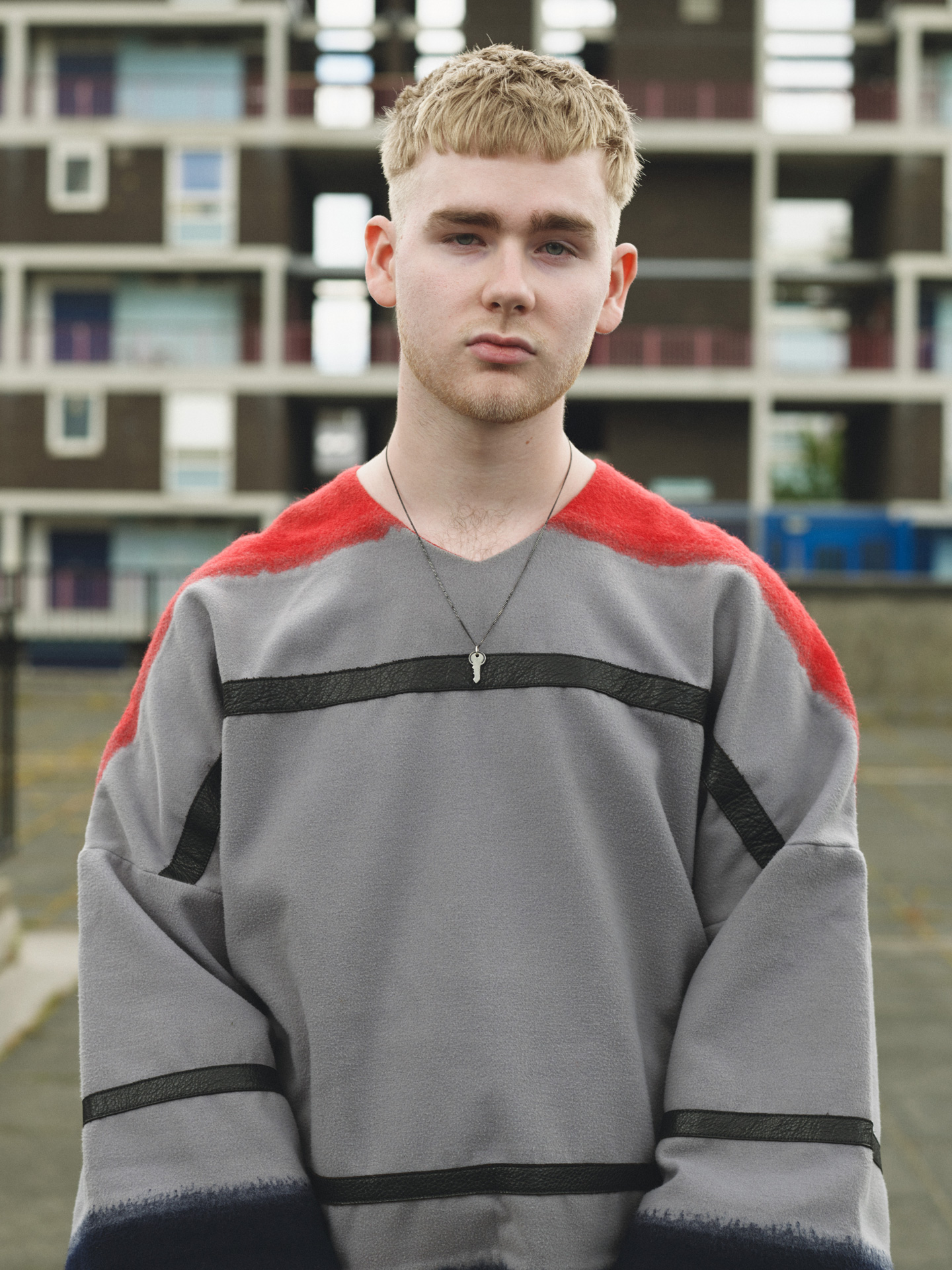
Crossan’s sonic and visual output feels like an homage to a young, queer, diverse London that we’d all like to believe is the future. His outlook can feel naive sometimes, but in a good way; his naivety is one that anyone who’s moved to London (or any big city) after years spent wishing they already lived there will recognize. Sensitive to accusations of cultural appropriation—especially for creative choices like his steel drum instrumentals or the housing estate setting of his music videos for “Love$ick” and “What if I Go”—Crossan takes care to never fake belonging. He involves vocalists with diverse backgrounds in order to foreground a range of perspective. “[It’s easy] to sleepwalk into that place of just lifting things,” he explains. “I always try to come at it with first being educated about what it is that I’m looking to take from other places, and making sure to do it so that it nods to whatever culture it is in the right way. As an invitation more than taking credit for it in any way.”
After emerging as a star on SoundCloud, Mura Masa is now teetering on the edge of global fame. It’s a place he’s still figuring out how to occupy. So far, his approach has been to intentionally “punch a little bit above my weight” when it comes to choosing collaborators, as evidenced by his features from Rocky and Albarn. It’s a testament to his strength as both an artist and a curator that he can make these all-star moments work on his terms. “The way I always describe it,” he says, “is if I’m at a party and Michael Jackson is there, and someone’s like, ‘Why don’t you come and say hey to him?’ My answer is no, I don’t want to just walk up and say hello to Michael Jackson. I want him to want say hello. Otherwise it’s just an empty encounter.”
MURA MASA’S SELF-TITLED DEBUT ALBUM IS OUT NOW.


